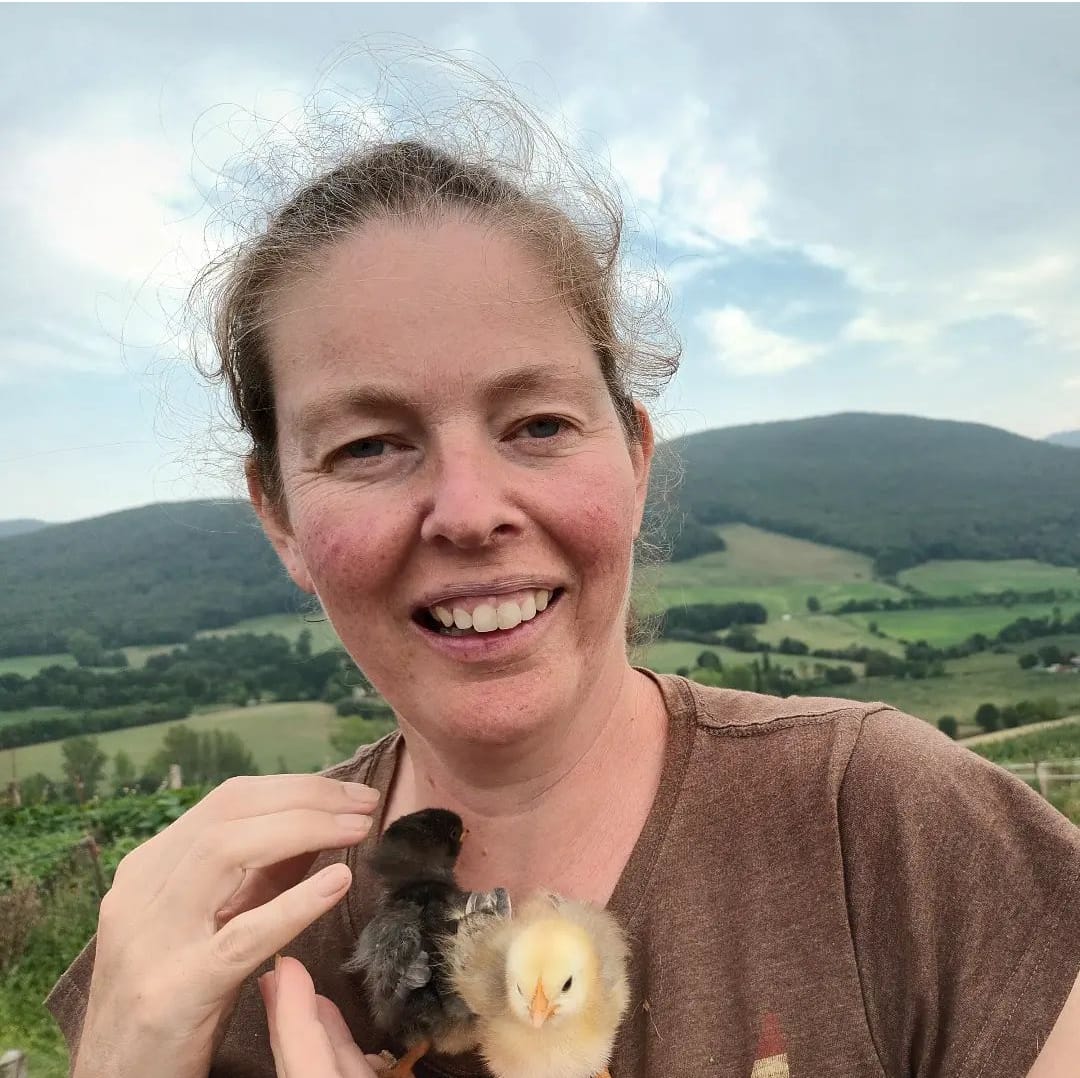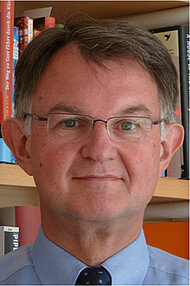ELO hosts conference on the future of direct payments in the CAP
After several turbulent years, farmers and land managers have had to adapt to new CAP rules and make adjustments along the way. Now, they are being called to look ahead and shape the future of the Agriculture and Food sectors. A new Vision for Agriculture and Food is expected on February 19th, serving as a foundation for discussions on the next MFF and the post-2027 CAP, even though the current CAP still feels relatively new.
The goal of creating a simpler, more targeted CAP that balances incentives, investments, and regulations is commendable but challenging. It must align with the key objectives of enhancing the agricultural sector’s competitiveness, resilience, and sustainability while addressing the social impact on rural communities.
This meeting explored potential CAP reforms, especially regarding direct payments, the policy’s cornerstone.
Watch the recorded event on ELO’s Youtube Channel
Article in the CountrySide Magazine
Check out the article on this event featured in the January–February 2025 edition of CountrySide Magazine below.
Powered By EmbedPress
09:30 – 10:00 REGISTRATION
10:00 Welcome by the organiser and moderator, Jurgen Tack, Secretary General of the ELO
10:05 Opening speeches:
- Commissioner Christophe Hansen (via video)
- Paulo do Nascimento Cabral, Member of the European Parliament
- Stoyan Tchoukanov, Representative on NAT session, EESC
10:30 Introductory statements with two different proposals for a new basis for Direct Payments:
- Alan Matthews, Professor at Trinity College Dublin, Ireland
- Tassos Haniotis, Special Advisor on Sustainable Productivity, forumforAg / Senior Guest Research Scholar, IIASA
11:30 Panel discussion and Q&A:
- Alan Matthews, Professor at Trinity College Dublin, Ireland
- Meghan Sapp, Advocacy and External Relations Director at EARA, European Alliance for Regenerative Agriculture
- Rudolf Mögele, Honorary Professor at the University of Würzburg
- Tassos Haniotis, Special Advisor on Sustainable Productivity, forumforAg / Senior Guest Research Scholar, IIASA
- Théo Paquet, Senior Policy Officer for Agriculture at EEB
12:30 Conclusion by the moderator
Speakers
Jurgen TackSecretary General of the ELO Jurgen Tack has been the Secretary General – CEO of the European Landowners’ Organization since June 2023. He previously held the role of Scientific Director at ELO and served as CEO of Landelijk Vlaanderen and CEO of the Aanspreekpunt Privaat Beheer Natuur en Bos in 2016. Additionally, he was President of the International Riverine Commission River Maas/Meuse, a member of the European Commission’s Expert Group on Nature Based Solutions, and chaired the board of directors of the Botanical Garden Meise. He earned his PhD in Sciences after studying biology (marine ecology) at Brussels Free University. |

|
Paulo do Nascimento CabralMember of the European Parliament Paulo do Nascimento Cabral is a Portuguese Member of the European Parliament, elected in 2024, and part of the Group of the European People’s Party. Within the EU Parliament he is member of Committee on Agriculture and Rural Development and Fisheries. He served as chief of staff to the President of the Government of the Azores from 2020 to 2022, and was advisor for Azorean affairs and Energy at the Permanent Representation of Portugal to the European Union from 2022 to 2024. |

|
Stoyan TchoukanovRepresentative on NAT session, EESC (co-hosting the event) Stoyan TCHOUKANOV has been a member of the European Economic and Social Committee (EESC) since 2020. He is a Bulgarian farmer, with an engineering background in animal science, who became the president of the Beef Breeders Association of Bulgaria. Currently a member of the NAT and INT sections, he represents and defends farmers’ interests at national and EU level. |

|
Alan MatthewsProfessor at Trinity College Dublin, Ireland Alan Matthews is Professor Emeritus of European Agricultural Policy in the Department of Economics, School of Social Sciences and Philosophy at Trinity College Dublin, Ireland. His major research interests are agricultural policy analysis, the impact of international trade on developing countries, and computable general equilibrium analysis of trade and agricultural policy reforms. He has previously worked as a consultant to the OECD, the Food and Agricultural Organisation of the United Nations and the UN Industrial Development Organisation, and has been a panel member in a number of WTO Dispute Settlement procedures. |

|
Tassos HaniotisSpecial Advisor on Sustainable Productivity, forumforAg / Senior Guest Research Scholar, IIASA Tassos Haniotis recently retired, after a 33-year career in the Commission, as the Director of Strategy, Simplification and Policy Analysis in the Directorate General for Agriculture of the European Commission. Tassos is Sustainable Productivity Adviser for the Forum for the Future of Agriculture and a Senior Guest Research Scholar at the International Institute for Applied Systems Analysis. He previously held posts as Head of Unit in the Agricultural Policy Analysis and Perspectives unit and the Agricultural Trade Policy Analysis unit in the same Directorate General, as Member and subsequently Deputy Head of the Cabinet of former European Commissioner for Agriculture Franz Fischler, and as the Agricultural Counsellor of the European Commission’s Delegation in the United States. He holds Ph.D. and M.S. degrees in Agricultural Economics from the University of Georgia, USA, and a B.A. in Economics from the Athens University of Economics and Business, in his native Greece. |

|
Meghan SappAdvocacy and External Relations Director at EARA, European Alliance for Regenerative Agriculture Meghan Sapp is an accredited Field Professional of the Savory Institute, co-hub leader for the Savory Network hub Hub del Norte, serving the northern Iberian Peninsula and France. She has practiced holistic management together with her husband for more than five years on their farm, Curly Creek Ranch, one of the first EOV verified farms in Spain. She teaches farmers and land stewards as well as provides on-farm advisory and support for the regenerative transition. Meghan is a founding farmer of the European Alliance for Regenerative Agriculture and now serves as its Director of Advocacy and External Relations. She is also a former negotiator as part of the UN Committee on Food Security and is part of many local farming and food sovereignty organisations. Meghan has spent more than 2 decades dedicated to the energy and food systems transition as a journalist, policy advocate, entrepreneur, community organiser and project developer. |

|
Rudolf MögeleHonorary Professor at the University of Würzburg Prof. Dr. Rudolf Mögele is Honorary Professor at the University of Würzburg; previously, he was Deputy Director General at the European Commission, DG Agriculture and Rural Development, responsible for three Directorates (Legal Affairs, Audit and Assurance and Markets), having previously dealt with legal and budgetary affairs, enlargement and cereals and oilseeds markets. Before joining the European Commission he held a position in the Bavarian Ministry of the Interior in Munich. He holds a Law degree and a Doctorate in Law from the University of Augsburg and is an Honorary Professor for European Law at the University of Würzburg. |

|
Théo PaquetSenior Policy Officer for Agriculture at EEB Theo Paquet works on agriculture and leads the EEB work on the Common Agricultural Policy. He holds a Master of Science in Biotechnology from the University of Edinburgh and a Master of Science in Development and Rural Innovation from Wageningen University. Prior to joining the EEB, he worked on agricultural and renewable energy policy for Eneus Energy and Fertilizers Europe. |

|

